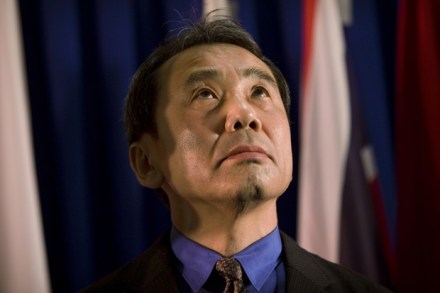A toast to beer, from Plato to Frank Zappa
‘He was a wise man who invented beer,’ said Plato, although I imagine he had changed his mind by the following morning. Beer: A Global History (Reaktion, £9.99, Spectator Bookshop, £9.49) is the latest addition to ‘The Edible Series’, following Cake, Caviar, Offal, Wine, Soup and, rather shockingly, Hot Dog into the catalogue. As reading about food and drink is second only in pleasure to consuming it, this might be one of the most ingenious publishing ideas of all time. Gavin D. Smith, author of several books ‘on drink-related topics’, traces brewing history from the neolithic peoples of Asia Minor to beer’s current pre-eminence: global consumption has increased every year




















